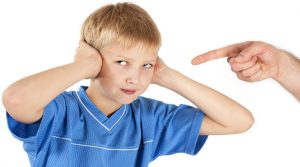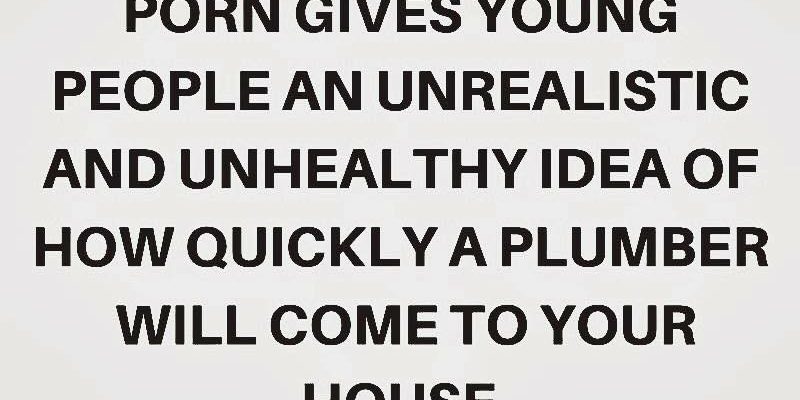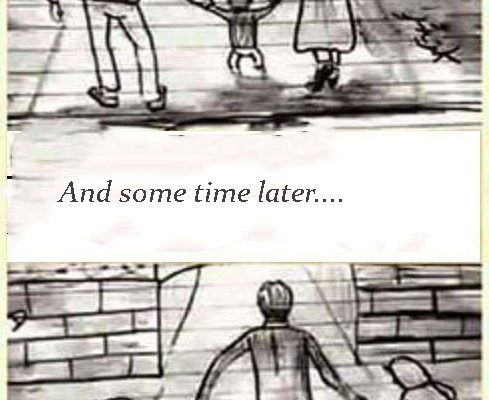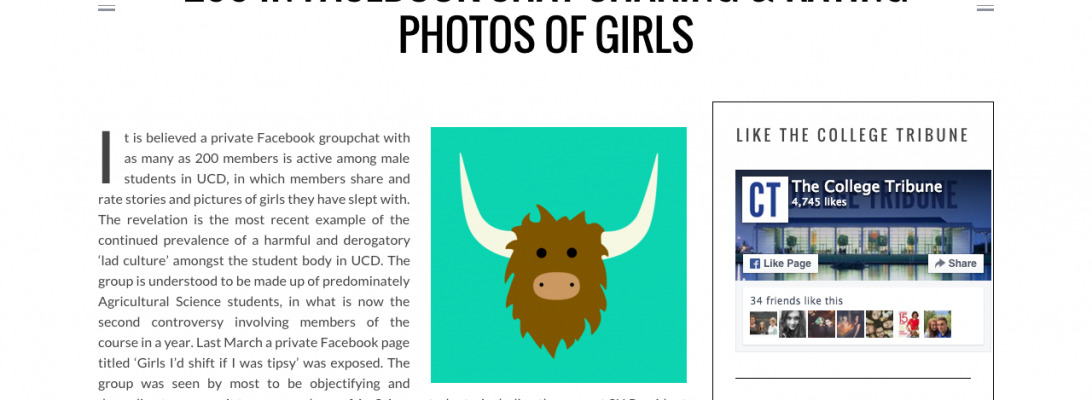Now I know that thinking about your child sexting is not on your list of fun things to do for the weekend… Continue reading
Sexting – the ‘new first base’



Now I know that thinking about your child sexting is not on your list of fun things to do for the weekend… Continue reading

“Genetics and epigenetics are important. Decisions – they are more important.” – HaleyBop
I’ve been pondering recently about the phrase “the apple never falls far from the tree”. We tend to have a lot in common with our parents of course – they are among the first to teach us how to be people! Assuming that the apple never falls far though isn’t always helpful. Sometimes it does fall far though – very far!

I have a bit of a fascination with the origins of words. As I grew up every new word I asked about was explained to me by my mother in terms of its origin – origin, from the Latin ‘Origo’, meaning beginning, source, rise. You get my drift…
The word ‘discipline’ originates from the Latin to teach, or instruct. When the Middle English folk came along it morphed somewhat into the punishment, ‘mortification’ scourge flavour we are more familiar with today.

And I find that the words discipline and punishment (from the French Punir meaning rough handling) are often used interchangeably. Which isn’t a great thing, because we now know that punishment isn’t necessarily a good way to discipline. So I prefer the original meaning of discipline, it’s more effective as a means of changing or adjusting behaviour in the long term. FAR more effective.
So I wrote a piece on the (real life and practical) differences between discipline and punishment, with some ideas on how to do the former more effectively.
You can read it here and I hope it’s helpful!

I was catching up on my Facebook messages earlier and this post sent to me by a friend really caught my eye. It’s a meme from one of those humour pages on Facebook. Judging by the comments it resonates with most people and they think it’s really funny! (It is too – I mean who hasn’t waited years for a plumber?!!)

I guess it’s my age, but I’ve noticed personally and professionally that caring for elderly parents is a common theme in life recently. Finding oneself in the unfamiliar role of caring for a parent has its rewards of course, but it can also be draining, isolating, saddening, even traumatic.

You’ve probably already heard about the new Calvin Klein advertising campaign. It’s worked, that’s for sure, in that Twitter and Facebook can’t get enough of complaining about it. And of course the pro-sexism and creepy factions can’t get enough of defending it and lashing out at people who recognise it for what it is – blatant sexist glamourisation of and dismissal of sexual harassment.

A few of weeks ago I and my friend and colleague on TwoWiseChicks asked our readers to tell us where in their lives they’d like some guidance. And they told us. So we’ve been busy!!

I have yet to meet a parent who is the paragon of zen, calm, smiling, constantly colouring, playing football, baking, laughing… The reality is a lot grittier. There is lots of fun yes! Of course! And in between the fun times, there are some boring times, and then times where it can be a struggle to feel calm, especially if your child is challenging you and pushing your boundaries.

Some people are saying that the allegations about UCD male students posting “revenge porn” in a Facebook group with over 200 members is ‘unbelievable’. And as it turns out, the allegations went unsupported, there is no first hand evidence to support the claims.
For so many though, the story was totally believable. Some people still believe it, thinking – well can’t the evidence be deleted? Isn’t there sufficient shame around sexuality and sex crime to prevent victims from coming forward when invited, encouraged even?
One major piece that this has highlighted for me is this question: what made this story so believable? And I feel it’s because this happens now, we all know it. For any of us to say otherwise at this point is somewhat naive.

“Is our relationship healthy? Is it normal? Are we OK?”
These questions come up all the time in therapy – actually, if you’re lucky, they come up over coffee with friends! You’ve maybe had those conversations, praying that your friends will say “Ya! – we fight more than you do actually – you have it sown UP compared to us!”.